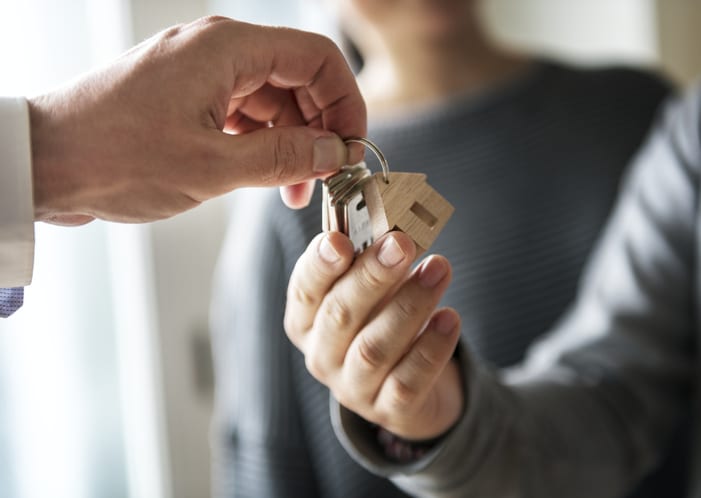Buying and selling properties involve numerous processes and legalities. One crucial aspect of these transactions is the cooling-off period. This period offers buyers a critical window to reconsider their purchase, ensuring they are making the right decision without feeling rushed. Understanding the ins and outs of the cooling-off period can save buyers from potential pitfalls and provide peace of mind.

The cooling-off period is a timeframe during which a buyer can withdraw from a property purchase contract without significant financial penalty. This period is typically included in residential property sales but not in commercial real estate or auctioned properties. The primary purpose of the cooling-off period is to protect buyers, allowing them to conduct further inspections and reconsider their purchase decision.

If a buyer decides to cancel the contract during the cooling-off period, they must notify the seller in writing. In Queensland, a termination penalty of 0.25% of the contract price applies. In Victoria, the penalty is 0.2% of the purchase price or $100, whichever is greater. The seller is then required to refund the deposit, minus the penalty, within 14 days.
Buyers should use the cooling-off period to:
Navigating the cooling-off period can be complex. Professional advice from conveyancers and real estate agents can help buyers make informed decisions. These professionals understand the nuances of property laws in different states and can provide valuable guidance.
The cooling-off period is a vital part of the property buying process. It offers buyers a safeguard against hasty decisions, ensuring that they have time to conduct necessary inspections and reconsider their purchase. Understanding the specific regulations in your state, whether it’s the cooling-off period NSW, VIC, or QLD, can help you make the most of this period. Always consult with a conveyancer to navigate the legal complexities and use this time to ensure your property purchase is a sound investment.

Yes, buyers can waive or shorten the cooling-off period, but it must be done in writing.
No, properties sold at auction do not have a cooling-off period.

Avoid the pitfalls that can occur when purchasing property.
Services
About Us
Members Of

© 2025 Ownit Conveyancing
Website & Digital Marketing by KOA Digital
Services
About Us
B.Bus, GCAF, GAICD
Andrew has over two decades experience in high growth fast moving consumer goods, agribusiness and professional services. Supporting the Ownit team to deliver on client expectations, and implementing processes to scale the organisation, is a key focus for Andrew.
Andrew is a C-Suite leader with Chairman and Board experience. He has formal qualifications in Business, Applied Finance and AICD Company Directors Course.
